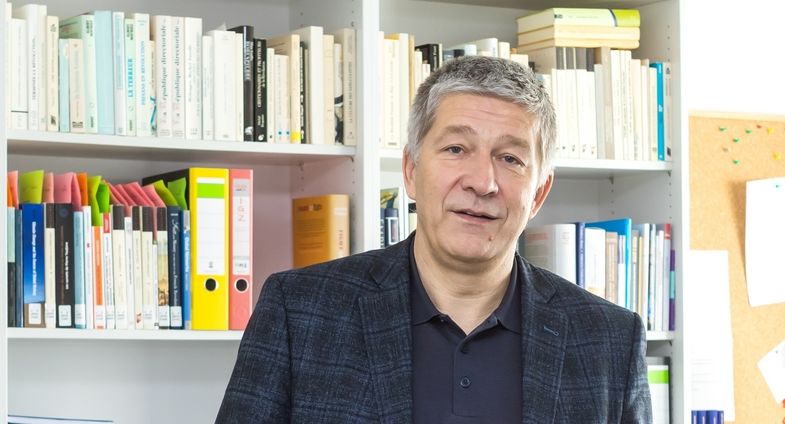Together, the more than 100 researchers from many different disciplines will use empirical studies and large-scale comparisons to develop practical proposals that will help to meet contemporary social challenges. They cover aspects such as identities and regional experiences, inequalities and solidarity, media and conflict culture, polarisation and populism, but also anti-Semitism and hate crime, and explore these in a European comparison and beyond.
The FGZ began with an eighteen-month preliminary phase, during which the partners developed the Institute’s founding concept and established an extensive research and transfer programme comprising more than 70 sub-projects and inter-institute research areas, which will be implemented from 1 June 2020.
In addition to Leipzig University, the network includes the TU Berlin as well as the universities of Bielefeld, Bremen, Frankfurt, Halle-Wittenberg, Hanover, Constance and the Sociological Research Institute Göttingen, the Leibniz Institute for Media Research Hamburg and the Institute for Democracy and Civil Society Jena.
“We really look forward to working together with the other ten institutes throughout Germany and to coordinating this major collaborative project at our three locations in Bremen, Frankfurt and Leipzig,” said Matthias Middell, a professor at Leipzig University’s Global and European Studies Institute and one of the FGZ coordinators. Together with the universities of Bremen and Frankfurt, Leipzig is playing a managing role in the network of institutes.
In view of the current challenges posed by the coronavirus pandemic, Middell added: “In the current crisis, many questions of social cohesion are already re-emerging, and it is precisely this dynamism that makes our research association particularly appealing. As an interdisciplinary and regionally based institute, we are well equipped to master such challenges.”
The FGZ team at Leipzig University’s Leipzig Research Centre Global Dynamics (ReCentGlobe) investigates the question of how social cohesion has been and is understood in different historical epochs and in different regions of the world and how it has been and continues to be renegotiated. To this end, the researchers also examine the diversity of populist movements and regimes from the late 19th century to the present.































































